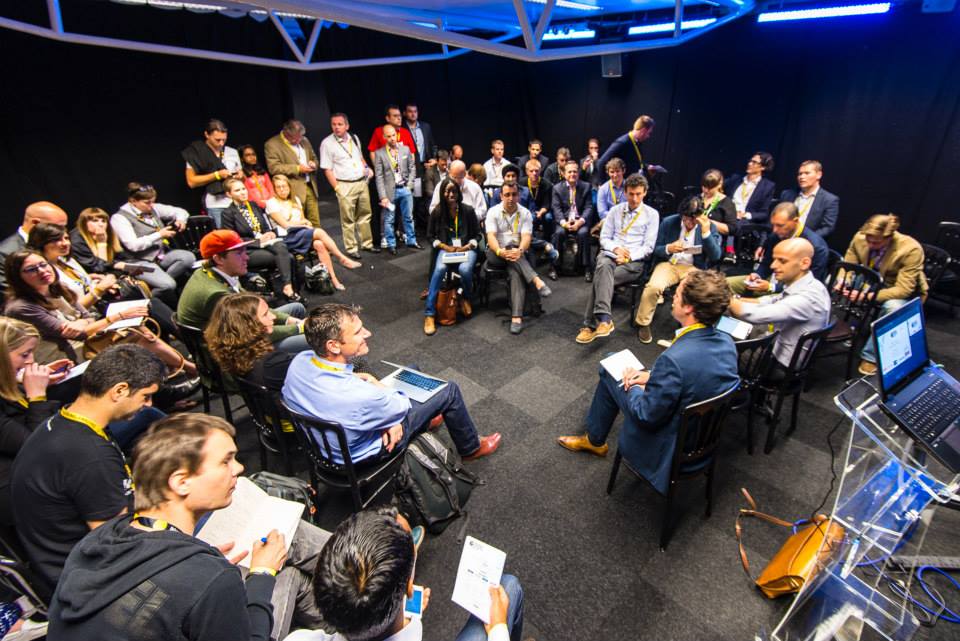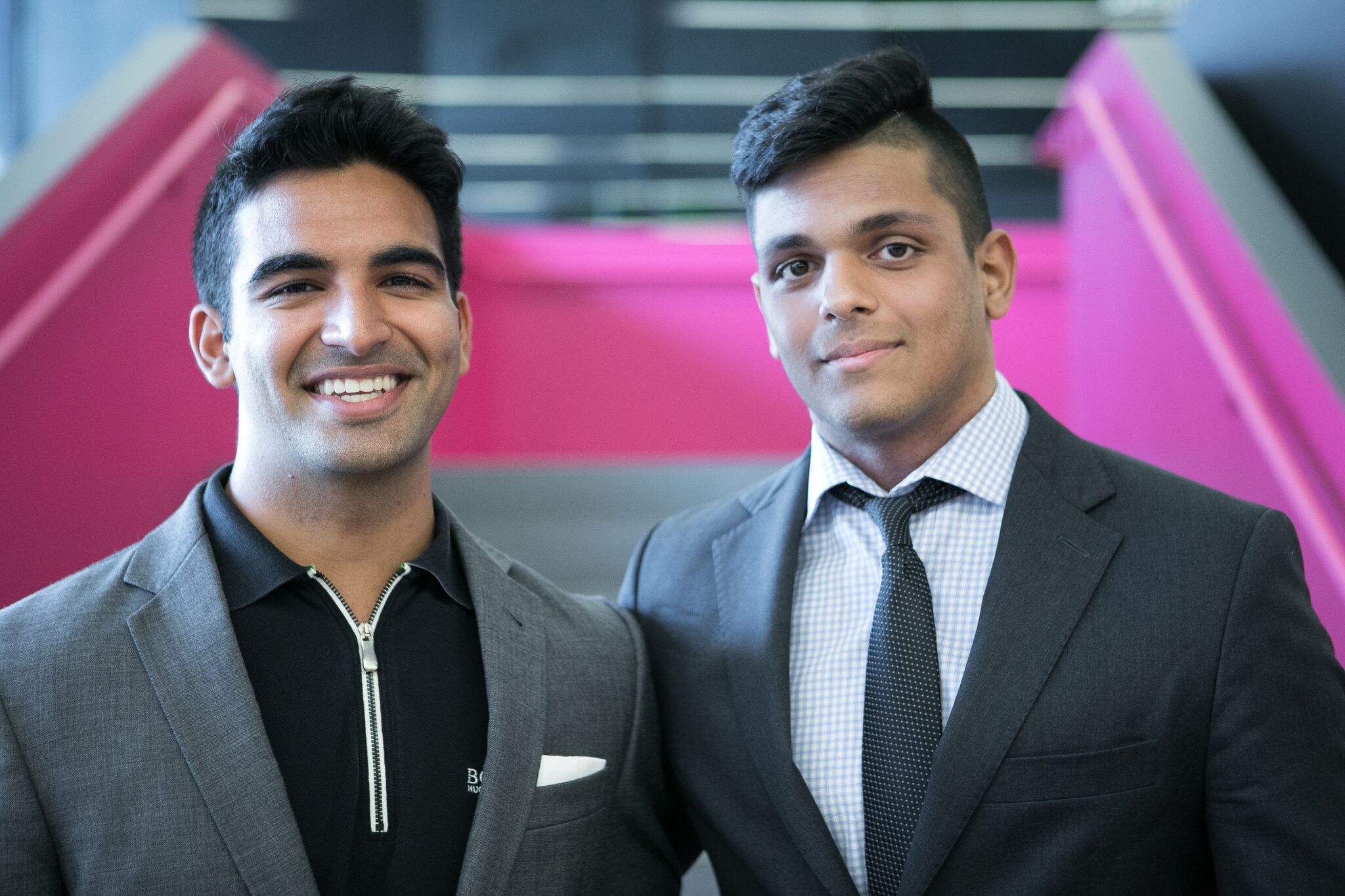TechCrunch is excited to announce that the Startup Battlefield Latin America is coming to São Paulo on November 8 this year. This is the first event TechCrunch has ever held in Latin America, and we are all in to make it a memorable one to support the fast-emerging startup ecosystem in the region.
The Startup Battlefield is TechCrunch’s premier startup competition, which over the past 12 years has placed 750 companies on stage to pitch top VCs and TechCrunch editors. Those founders have gone on to raise more than $8 billion and produce more than 100 exits. Startup Battlefield Latin America aims to add 15 great founders from Latin America to those elite ranks.
Here’s how the competition works. Founders may apply now to participate in Startup Battlefield. Any early stage (pre-A round) company with a working product headquartered in an eligible Latin American country (see list below) may apply. Applications close August 6. TechCrunch editors will review the applications and, based on which applicants have the strongest potential for a big exit of major societal impact, pick 15 to compete on November 8. TechCrunch’s Startup Battlefield team will work intensively with each founding team to hone their six-minute pitch to perfection.
Then it’s game day. The 15 companies will take the stage at São Paulo’s Tomie Ohtake Institute in front of a live audience of 500 people to pitch top-tier VC judges. The judges and TechCrunch editors will pick five for a finals round. Those lucky finalists will face a fresh team of judges, and one will emerge as the winner of the first-ever Startup Battlefield Latin America. The winner takes home $25,000 and a trip for two to the next Disrupt, where they can exhibit free of charge in the Startup Alley and may also qualify to participate in the Startup Battlefield at Disrupt. Sweet deal. All Startup Battlefield sessions will be captured on video and posted on TechCrunch.com.
It’s an experience no founder would want to miss, considering the opportunity to join the ranks of Battlefield greats from years past, including Dropbox, Yammer, Mint, Getaround, CloudFlare, Vurb and many more.
Get that application started now.
Here’s the need-to-know about qualifying to apply:
- Have an early-stage company in “launch” stage
- Headquartered in one of these countries: Argentina, Bolivia, Brazil, Chile, Colombia, Ecuador, French Guiana, Guyana, Paraguay, Peru, Suriname, Uruguay, Venezuela (Central America) Belize, Costa Rica, El Salvador, Guatemala, Honduras, Nicaragua, Mexico, Panama (Caribbean – including dependencies and constituent entities), Dominican Republic, and Puerto Rico.
- Have a fully working product/beta reasonably close to, or in, production
- Have received limited press or publicity to date
- Have no known intellectual property conflicts
- Apply by Aug. 6, 2018, at 5 p.m. PST
Tickets to attend Startup Battlefield Latin America will go on sale soon. Interested in sponsoring the event, contact us here
Source: Tech Crunch








